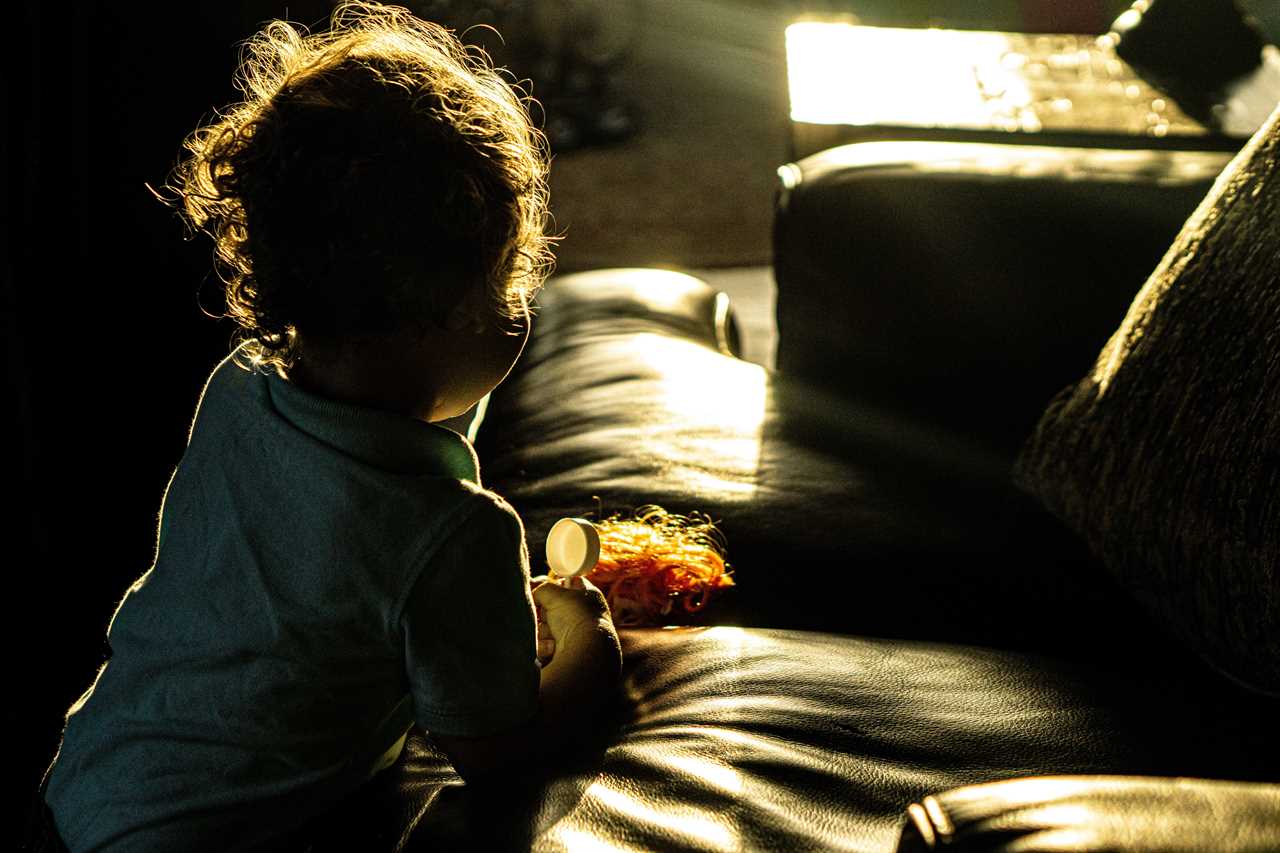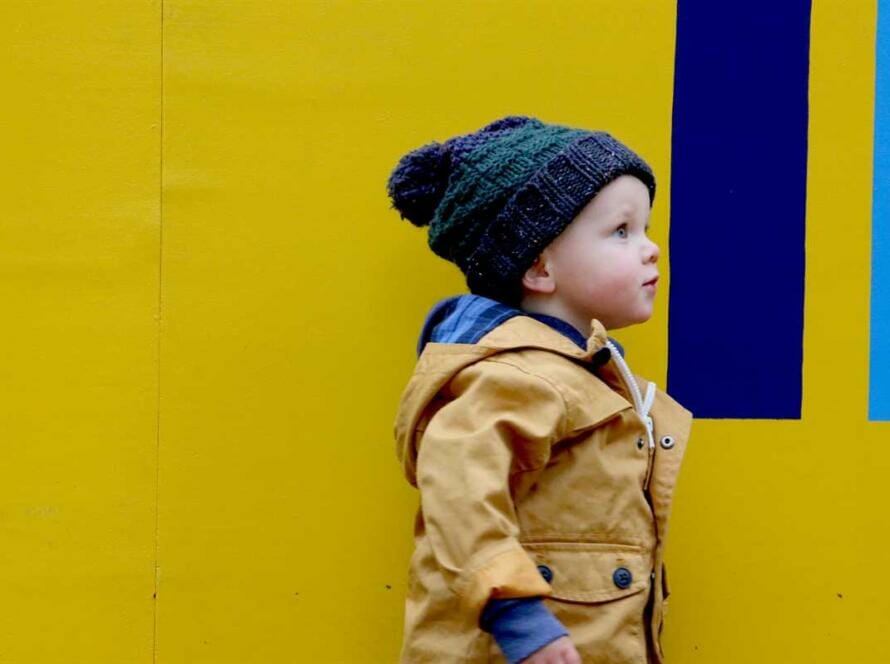
In a world where children’s development is of utmost importance, the power of educational toys cannot be overstated. These remarkable tools have the ability to fuel a child’s growth and unlock their true potential.
With 90% of preschool children’s play involving toys, it is evident that toys play a vital role in a child’s life. From fostering critical thinking skills to promoting creativity and problem-solving abilities, educational toys are the key to unlocking a child’s limitless possibilities.
Get ready to dive into the world of educational toys and discover the freedom they offer in shaping a child’s future.
Key Takeaways
- Toys work on key skills critical for child development.
- Toys promote creativity and problem-solving.
- Simple wooden toys foster creativity and longer play duration.
- Each child reacts differently to toys.
The Cognitive Benefits of Educational Toys
Toys that are specifically designed to be educational help children develop cognitive skills such as problem-solving and critical thinking. These toys play a crucial role in boosting cognitive abilities and enhancing critical thinking in children.

Research has shown that engaging with educational toys can have a positive impact on a child’s cognitive development. By providing children with opportunities to explore, experiment, and solve problems, these toys stimulate their thinking processes and encourage them to use their logical reasoning skills.
Educational toys challenge children to think creatively, analyze information, and make connections, all of which are essential for their cognitive growth. Moreover, these toys provide a fun and interactive way for children to learn and develop important cognitive skills that will benefit them throughout their lives.
Enhancing Social Skills Through Educational Toys
Playing with interactive games and puzzles can enhance a child’s social skills. It encourages cooperation and communication with others. Educational toys, such as building blocks or board games, provide opportunities for children to work together. This fosters teamwork and collaboration. Through these activities, children learn to take turns, listen to others’ ideas, and problem-solve as a team.
Additionally, educational toys can help build empathy. They promote understanding and compassion towards others. For example, role-playing with dolls or action figures can teach children about different perspectives and emotions. By engaging in play that involves sharing, taking turns, and working together, children develop crucial social skills that will benefit them throughout their lives.

Educational toys provide a fun and interactive way for children to learn and grow socially. They also help build empathy and encourage teamwork.
Fostering Creativity and Problem-Solving With Educational Toys
Engaging with interactive games and puzzles, children can enhance their problem-solving skills and foster creativity through the use of educational toys. These toys encourage innovation and critical thinking, promoting imaginative play while developing problem-solving skills. Research has shown that educational toys provide a multitude of benefits for children’s development.
Here are three ways in which these toys can help children grow and learn:
- Encouraging innovation:
- Educational toys provide opportunities for children to think outside the box and come up with creative solutions to problems.
- They inspire children to explore new ideas and experiment with different approaches to play.
- Critical thinking through educational toys:
- Educational toys require children to think critically, analyze situations, and make decisions.
- They help children develop logical reasoning and problem-solving skills that are essential for success in school and life.
- Promoting imaginative play:
- Educational toys ignite children’s imaginations and allow them to create their own stories and scenarios.
- Through imaginative play, children can develop communication skills, empathy, and a deeper understanding of the world around them.
The Role of Educational Toys in Fine Motor Skill Development
Fine motor skills are enhanced through the use of educational toys. Children develop dexterity and coordination while manipulating objects. Sensory exploration through educational toys allows children to engage their senses and develop a better understanding of their surroundings.

By building hand-eye coordination with educational toys, children learn to coordinate their movements and improve their ability to perform tasks that require precise control. Research shows that these skills are crucial for various activities, such as writing, drawing, and self-care tasks like buttoning clothes or tying shoelaces.
Educational toys provide a safe and enjoyable way for children to explore and develop these important skills. They offer a hands-on approach to learning, allowing children to actively engage with their environment and stimulate their senses. Through play, children can experiment, problem-solve, and develop their fine motor skills while having fun.
Breaking Gender Stereotypes: The Inclusive Impact of Educational Toys
Breaking gender stereotypes, educational toys provide a platform for children to explore diverse interests and expand their understanding of the world around them. These toys challenge biases and promote equality by offering a wide range of options that cater to all children, regardless of their gender.
Here are three ways in which educational toys break gender stereotypes and promote equality:

Encouraging exploration: Educational toys offer children the opportunity to explore a variety of interests, from science and engineering to storytelling and art. By providing access to a diverse range of toys, children are free to choose based on their own interests and curiosity, rather than being limited by traditional gender norms.
Fostering collaboration: Many educational toys are designed to promote social interaction and collaboration. By encouraging children to work together, these toys create an inclusive environment where boys and girls can learn from each other and develop important social skills.
Challenging preconceptions: By offering toys that defy traditional gender roles, educational toys challenge pre-existing notions about what boys and girls should play with. This not only promotes equality but also encourages children to think critically and question societal norms.





